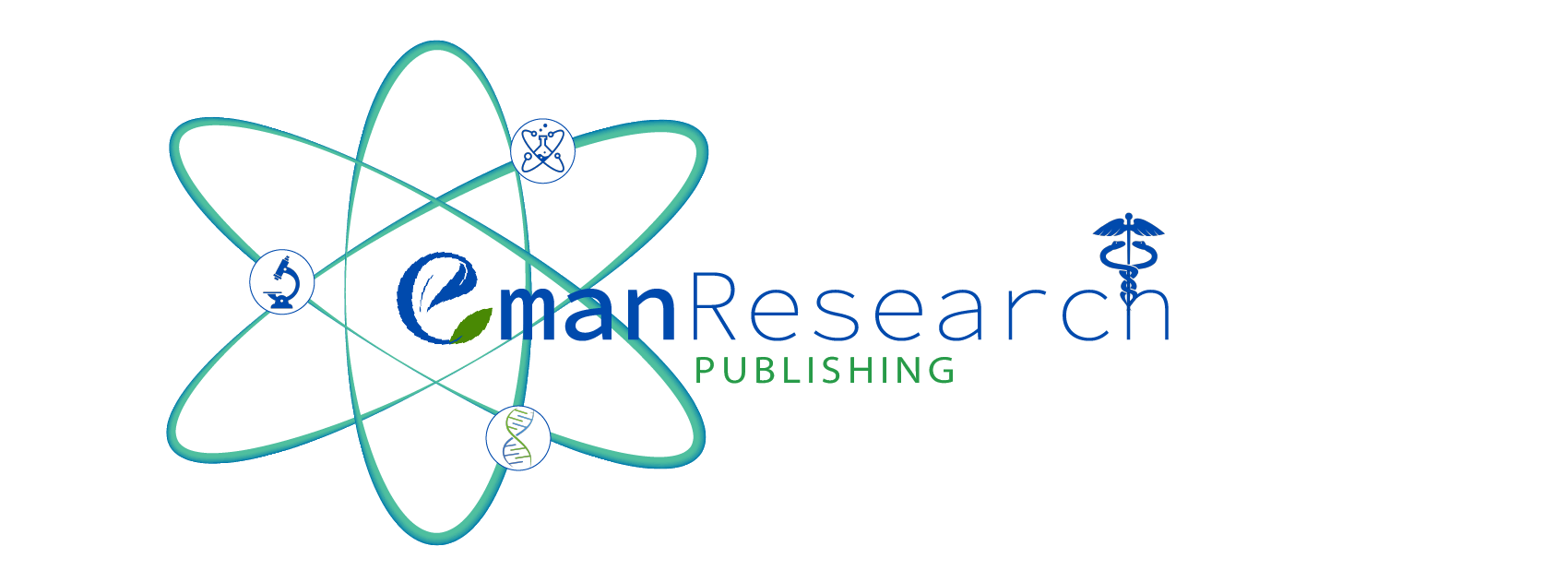Cancer Immunotherapy in 2022 - End of the Beginning
Assoc. Prof. Dr. Toh Han Chong
Journal of Angiotherapy 6(3) 705-705 https://doi.org/10.25163/angiotherapy.632C
Submitted: 24 December 2022 Revised: 24 December 2022 Published: 24 December 2022
Abstract
In the past over 10 years, the renaissance of cancer immunotherapy and its impact on cancer lives saved has been unprecedented. The first immune checkpoint inhibitor (ICI) anti-CTLA4Ig was approved in 2011 and the first CAR T cell therapy approved in 2017. Since then, 6 more ICIs have been approved across many cancer indications. Tumour mutational burden and microsatellite instability form critical biomarkers for the use of ICIs. In 2022, we are seeing a rise in combination therapies involving ICI.
In cell therapy, CAR T cell therapy has made early important inroads in blood cancers. In solid tumours, challenges exist in reaching optimal clinical efficacy. Still, we see glimmers of hope. T Cell Receptor and tumour infiltrating lymphocyte T cell therapy have shown some striking benefit in some patients refractory to further treatments with little further alternatives. Other exciting developments are in the therapeutic areas of T cell engager, antibody drug conjugates and therapeutic cancer vaccines. – where clinical benefits have been achieved. Central in the development of new immunotherapies and generally cancer treatment is a deeper dissection and understanding of the tumour microenvironment, to better elucidate mechanisms, biomarkers, resistance and new targets.
Immunotherapy now forms a vital pillar of cancer therapy with a trend towards more combinations showing greater impact. Challenges remain for cost of treatment and manufacturing capabilities. With more supersurvivors and complete remissions with such treatment even in advanced disease, we will surely see a better tomorrow for cancer patients.
References
View Dimensions
View Altmetric
Save
Citation
View
Share


